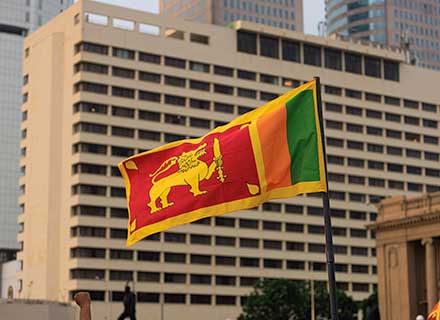Sri Lanka is on the verge of default as the grace period on two unpaid foreign bonds is expiring. The island nation could formally default if it fails to make an interest payment to bondholders by May 18.
When the 30-day grace period for missed coupons on dollar bonds expires, it might be declared defaulting. It would be the country’s first default on foreign debt.
Sri Lanka’s government stated in mid-April that it had stopped repaying its foreign debt to save money for food and fuel imports as the country struggled with a dollar shortage. It prompted officials to impose financial controls and import restrictions.
Carlos de Sousa, a money manager at Vontobel Asset Management in Zurich, said that without an agreement there would be a formal default. He also said that for the markets, Sri Lanka is already de facto in default. So, the price impact of such an event is unlikely to be considerable.
Sri Lanka is going through widespread power cuts, food, medicine & oil shortages, and a depreciating currency, which fuelled protests and pushed Prime Minister Mahinda Rajapaksa to resign.
Last week, his brother, President Gotabaya Rajapaksa, appointed a long-time opponent to run the government, hoping to bring a modicum of stability amid bailout talks with the International Monetary Fund.
On May 16, Prime Minister Ranil Wickremesinghe, who has just been in office for a week, announced that the government intends to sell the national airline and promised to propose a new relief budget.

